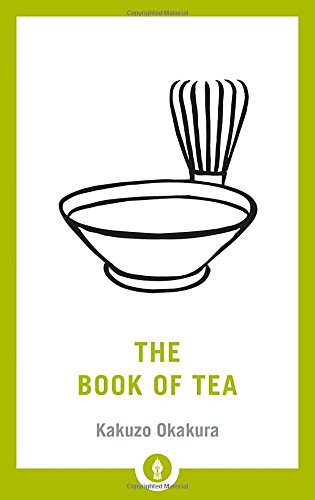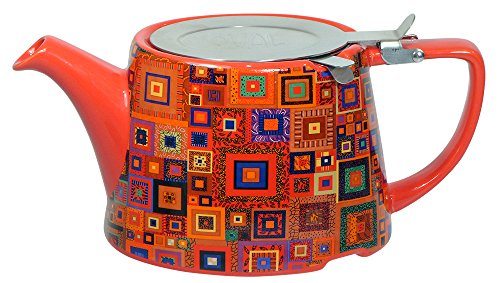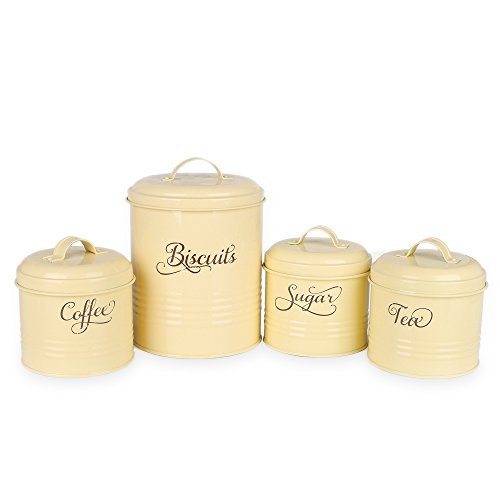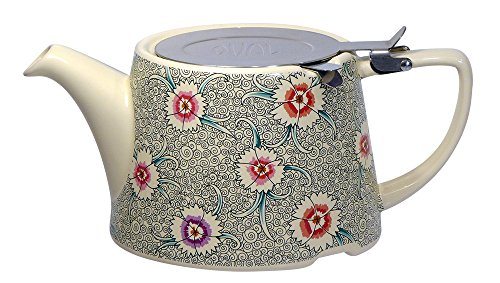The Book of Tea (Shambhala Pocket Library)
A modern classic that invites readers to discover a unique ritual that has come to symbolize wisdom, beauty, and the elegant simplicity of Asian culture–now in the Shambhala Pocket Library series. This modern classic invites readers to discover a unique tradition that has come to symbolize wisdom, beauty, and the elegant simplicity of Asian culture.
A modern classic that invites readers to discover a unique ritual that has come to symbolize wisdom, beauty, and the elegant simplicity of Asian culture–now in the Shambhala Pocket Library series.
This modern classic invites readers to discover a unique tradition that has come to symbolize wisdom, beauty, and the elegant simplicity of Asian culture. Kakuzo Okakura’s beloved text celebrates the Way of Tea from its ancient origins in Chinese Taoism to its culmination in the Zen discipline known as the Japanese tea ceremony—an enchanting practice bringing together such diverse arts as architecture, pottery, and flower arranging to create an experience that delights the senses, calms the mind, and refreshes the spirit. This edition includes an introduction by Sam Hamill that offers historical insight into the significance of the tea ceremony within Zen Buddhism.













Philosophy of Tea This books is a quick and informative introduction to the philosophy underpinnig “Teaism”. The book outlines how tea masters tried to live their lives according to the simple grace of the Japanese tea ceremony.For those looking for detailed instructions on conducting a tea ceremony, look elsewhere. But for those who want a handbook on a way of life, read further
Remains the classic introduction to Chado Okakura’s book is a timeless dissertation on both the nature of tea and of Japanese culture that adapted it from earlier origins in China, transforming the simple act of making and serving a humble beverage into a quintessential microcosm of the Japanese traditional art of living. Though written for the edification of Westerners in another age, the author’s wonderfully crafted prose still convincingly conveys the significance of green tea in a manner that doesn’t require you to become a Zen…
Philosophy, Life, Art, Flowers, Architecture, This Moment… and Tea. Appreciation. Published in 1906, Okakuraâs âBook of Teaâ espouses that tea is the foundation for a system of life, a philosophy, and itâs associated benefits all conspire to bring together that which is fundamental, holistically and spiritually. From Taoist and Zen upbringings, Teaism (not a typo!) comes with an admixture of the two as a world-philosophy, disposition and mindset. Being in the here and now and as Okakura writes: âThe whole ideal of Teaism is a result of this Zen conception of greatness in the…